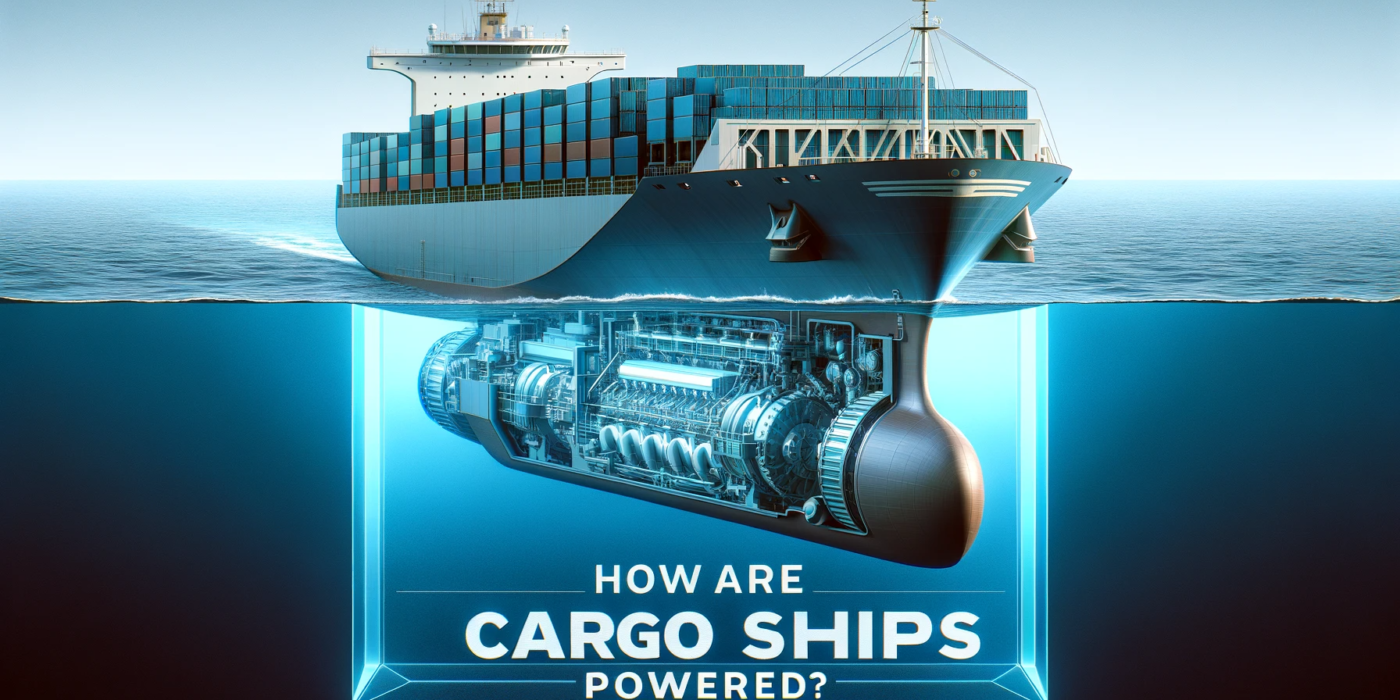A World Without Oil
Our world is fundamentally driven by oil, and the absence of it would be catastrophic. With a global population surpassing 7.7 billion, the demand for energy is immense and ever-growing. No energy source matches the affordability, reliability, and scalability of oil. So, what would happen if we no longer had access to this critical resource? Let’s explore the potential consequences.
The Vital Role of Oil
Oil accounts for about a third of the world’s energy consumption, making it our primary energy source. For over 150 years, it has been indispensable due to its high energy density, cost-effectiveness, and versatility. Oil is essential for:
- Powering electricity generation for residential, commercial, and industrial applications.
- Generating heat and steam for manufacturing processes through industrial boilers and furnaces.
- Fueling transportation systems including cars, trucks, ships, planes, and trains.
- Producing infrastructure materials such as asphalt for roads and other construction needs.
- Creating various by-products used in manufacturing plastics, chemicals, fertilizers, and cosmetics.
Peak Oil: A Looming Reality
The global consumption of oil is immense and growing. Here are some eye-opening facts:
- 98% of the world’s 1.2 billion passenger vehicles run on oil.
- In 2015, global vehicle sales hit 89 million, spurred by increasing incomes in Asia.
- Daily consumption of diesel reaches 27 billion barrels worldwide.
- Since 2000, jet fuel demand in the Asia-Pacific region has doubled, reaching over 2 million barrels per day due to economic expansion.
The concept of peak oil, introduced by geophysicist Marion King Hubbard, refers to the point where global oil production hits its maximum rate before starting a terminal decline. As demand keeps rising, the implications of reaching or surpassing peak oil are profound, signaling an urgent need for alternative energy solutions.
Consequences of Depleting Oil Reserves
If oil reserves were to run dry suddenly, the effects would be immediate and severe. Transitioning from oil to alternative energy sources involves considerable costs and logistical challenges. Imagine a world where oil disappears overnight – the disruption to our global economy and everyday life would be immense. Our dependence on oil means that such a scenario would see industries halting, transportation systems collapsing, and significant lifestyle adjustments required.
Fueling Industry in Southern Africa
Southern Africa presents a unique case in the global energy landscape. Many countries in this region are heavily dependent on oil imports to fuel their industries and economies. A world without oil would necessitate a significant transformation in the way energy is produced and consumed in this part of the world.
Renewable Energy Potential: Southern Africa is endowed with abundant renewable energy resources, particularly solar and wind. Harnessing these resources can provide a sustainable and reliable energy supply. Countries like South Africa, Namibia, and Botswana have immense solar potential, which can be tapped to generate electricity and reduce dependence on oil.
Economic Diversification: Reducing reliance on oil can drive economic diversification. By investing in renewable energy infrastructure and technology, Southern African countries can create new industries and job opportunities, fostering economic resilience and growth.
Energy Security: Transitioning to locally produced renewable energy can enhance energy security by reducing vulnerability to global oil price fluctuations and supply disruptions. This shift can stabilize energy costs and support long-term economic planning.
Environmental Benefits: Moving away from oil and adopting cleaner energy sources can significantly reduce greenhouse gas emissions, improving air quality and contributing to global efforts to combat climate change. This transition aligns with global sustainability goals and can position Southern Africa as a leader in the green economy.
Conclusion
The prospect of a world without oil may seem daunting, but it also presents an opportunity to innovate and build a more sustainable future. By embracing renewable energy, investing in new technologies, and fostering economic diversification, we can mitigate the challenges posed by the depletion of oil reserves. Southern Africa, with its rich renewable resources, has the potential to lead this transition, setting an example for the rest of the world. The journey to a post-oil future requires global cooperation, forward-thinking policies, and a commitment to sustainability, ensuring a prosperous and resilient world for generations to come.


